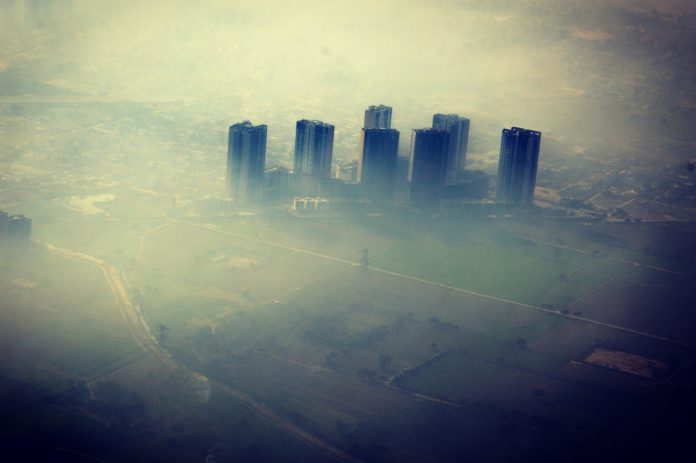
 Air pollution causes 30% of premature deaths in the country, a report released on Monday by the Centre for Science and Environment has revealed. The findings are in line with those of the state level disease burden report released last week that also found that contribution of air pollution to disease burden remains high, with levels of exposure among the highest in the world.
Air pollution causes 30% of premature deaths in the country, a report released on Monday by the Centre for Science and Environment has revealed. The findings are in line with those of the state level disease burden report released last week that also found that contribution of air pollution to disease burden remains high, with levels of exposure among the highest in the world.
Body Burden: Lifestyle Diseases, investigates and exposes the new and emerging environmental triggers of NCDs in India. It says that unless environmental risk factors are acknowledged and dealt with, India will not be able to curb NCDs, responsible for more than 61 per cent of the deaths in the country. Among the fallouts of environmental pollution it identifies are, interestingly, mental health diseases. “Lack of social support, changing diets and economic instability are the main triggers of mental disorders. Increased intake of sugar, too, has been linked to mental illness, making it imperative to find ways of reducing intake. An increase of PM2.5 in the environment by 4.34 microgram/cubic metre can increase the risk of Alzheimer’s.,” the report says. Says Vibha Varshney, the lead writer of the report: “Targeting environmental risk factors is essential if we want to meet the Sustainable Development Goal 3.4, which mandates a one-third reduction in premature deaths due to lifestyle diseases by 2030.”
The report found that the number of overweight and obese people in India doubled between 2005 and 2015. Among individuals aged between 15-49 years, 20.7 per cent of women and 18.6 per cent of men have been found to be overweight or obese. Presence of obesogenic chemicals such as DDT, bisphenol A, MSG and arsenic in the environment were found to be important triggers of obesity. Besides regulating the use of these, marketing of processed foods too needs to be monitored.Increase in taxes on unhealthy foods, adequate labeling, and building an environment conducive to physical activity will be critical in combating the epidemic.
It predicted that more than 1.73 million new cancer cases are likely to be recorded each year by 2020 in India. Commonly used household chemicals and cosmetics contain cancer-causing compounds. It is estimated that up to 20 per cent of cancer cases can be linked to environmental exposures of toxins. Tobacco and alcohol, air pollution and diets rich in meat and low in vegetables, are primary triggers. However, these triggers remain largely unaddressed. Moreover, cancer screening and medication remains













